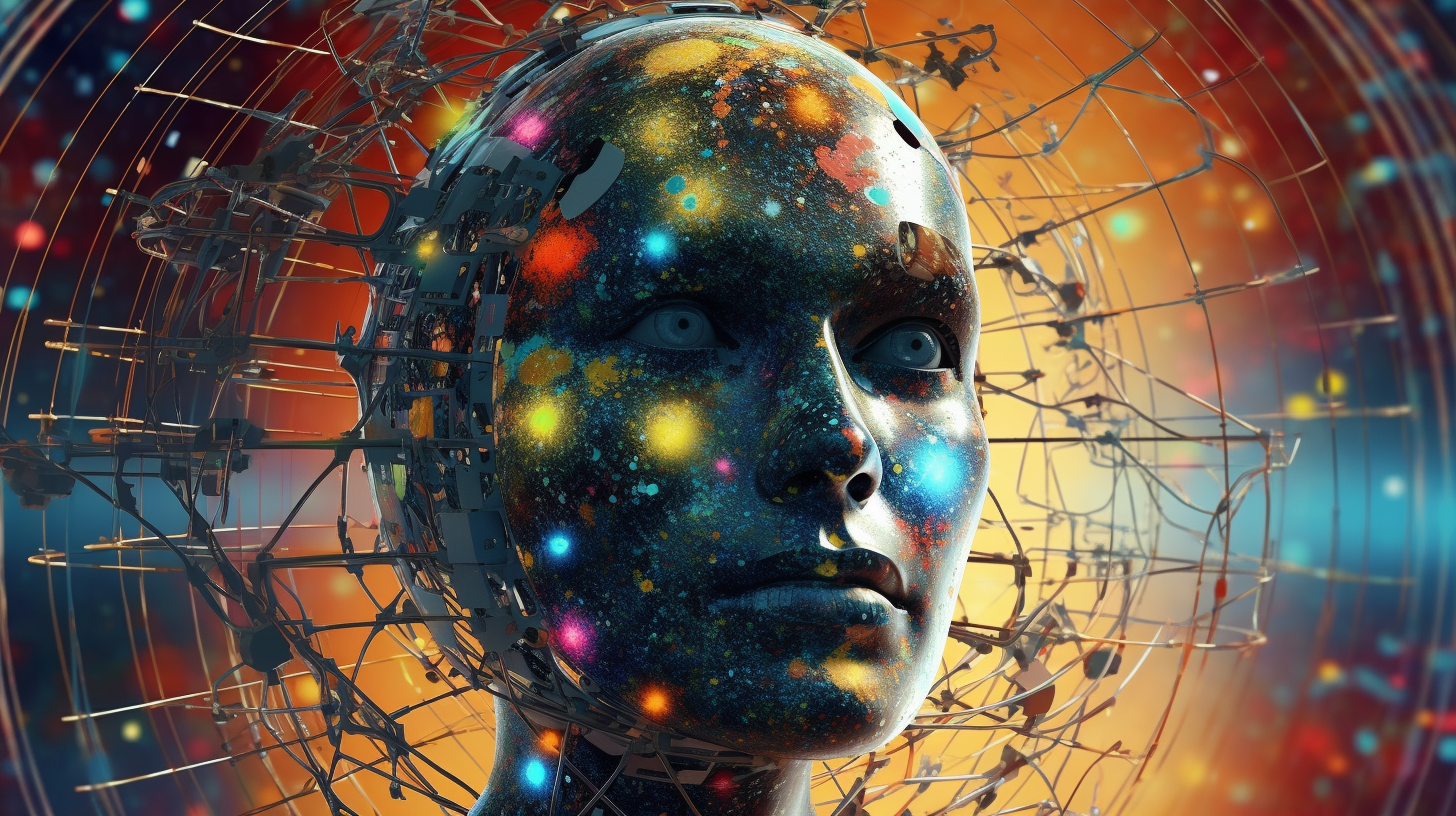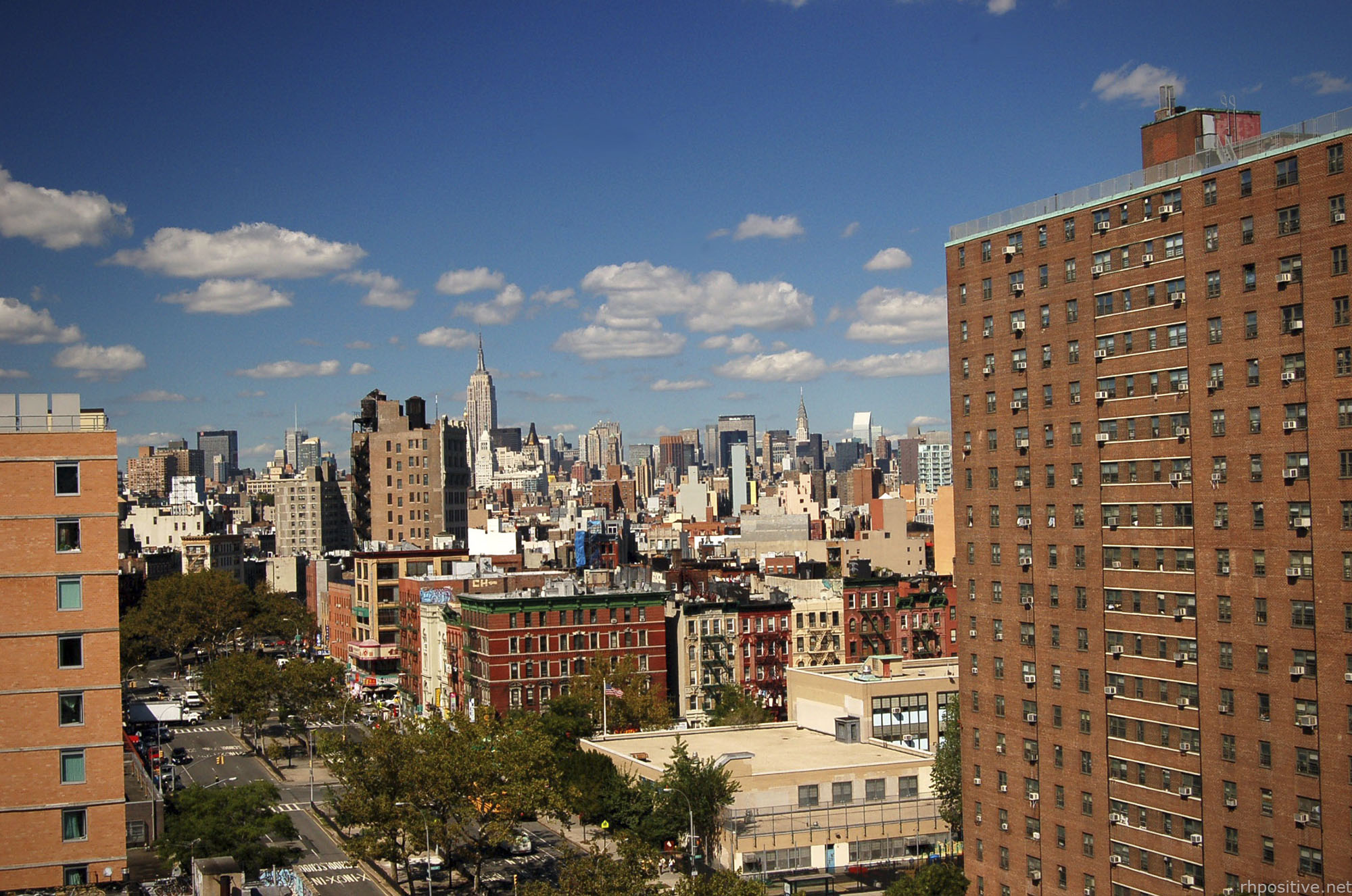Il metodo scientifico impone al cervello un esercizio austero, direi quasi spartano. Nella migliore delle ipotesi consente piccoli progressi. La gioia della grande scoperta è qualcosa di rarissimo e riservato a poche persone, e anche queste poche persone non è che possano ripetere Eureka molte volte. È naturale quindi che perfino gli scienziati siano tentati di allontanarsi dalla via della razionalità e di imboccare altre vie più comode per raggiungere la verità.

Let an ultraintelligent machine be defined as a machine that can far surpass all the intellectual activities of any man however clever. Since the design of machines is one of these intellectual activities, an ultraintelligent machine could design even better machines; there would then unquestionably be an 'intelligence explosion,' and the intelligence of man would be left far behind. Thus the first ultraintelligent machine is the last invention that man need ever make.

What are the primary, most important, or most limiting resources that human civilization depends on? Material resources are certainly significant. We need to build our civilization out of something, and we always seem to be facing a crisis of “peak” whatever—peak oil or peak helium—as our demand for a resource begins to outstrip our supplies. Land is also in limited supply. There is only so much land on Earth on which to grow our food, build our homes, and contain our industries. It would also be nice to leave some land for the other 10 million or so species that we share the planet with. I would argue, however, that the primary resource, the one resource to rule them all, is ideas. With science and technology, we have, so far, been able to overcome all our other resource limitations.
Latest
- Giving a Voice to the Past: Intangible Heritage and Forgotten Territories 25 October 2025
- Donner une voix au passé : patrimoines immatériels et territoires oubliés 25 October 2025
- Tra overtourism e undertourism: la ricerca di equilibri territoriali sostenibili 21 June 2025
- Overtourism and Undertourism: The Challenge of Managing Contemporary Tourism 21 June 2025
- Overtourism et undertourism : le défi de la gestion du tourisme contemporain 21 June 2025
Most read
- Le alterazioni dell’ecosistema
- Le tourisme urbain
- La théorie du cycle d'erosion et critique du modèle davisien
- Gestione del comprensorio montano del Ceresio (InterReg II)
- Strumenti e strategie per la condivisione e la valorizzazione dei patrimoni culturali ticinesi, Convegno Digitalizza la cultura
- Globetrotter: un nuovo modo di viaggiare
- Un museo per viaggiatori e avventurieri d'inizio secolo

Osare: il progresso si ottiene solo così.
Oser: le progrès est à ce prix.
To dare; that is the price of progress.
Victor Hugo, Les Misérables

